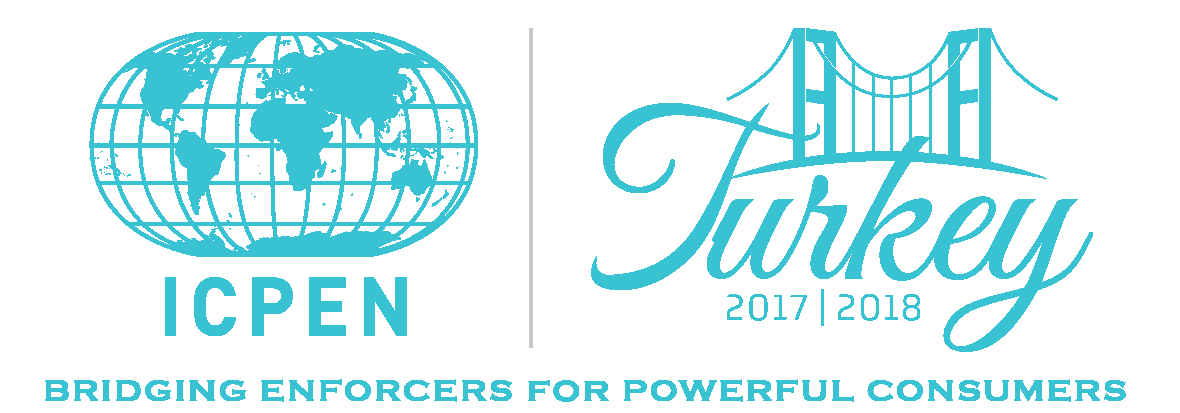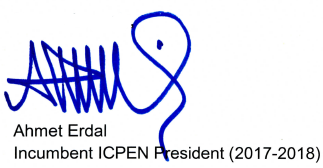Joint Open Letter to Businesses in the Digital Economy on the Importance of Standard Terms and Conditions for Consumers

June 28 2018 – Ankara, Turkey
Introduction
Consumers in the digital economy are entitled to know what they are getting and on what basis.
The internet is the number one marketplace where consumers and traders come together, doing away with national borders and boosting the digital economy. Playing fair with consumers can enhance trust and confidence in the digital economy, and thereby benefit consumers and businesses alike.
The International Consumer Protection and Enforcement Network (ICPEN), a worldwide network of more than 60 consumer protection authorities, is encouraging consumer-facing businesses in the digital economy to review their contractual terms and conditions (TCs) and marketing practices.
ICPEN wants businesses to ensure that they:
- Are fair to consumers, and don’t mislead or deceive them.
- Are transparent and highlight the most important points of the contract and product.
- Don’t bury important matters in long and complicated TCs.
- Comply with consumer law and respect consumers’ privacy rights.
ICPEN Sweep
TCs govern the complex relationship between businesses and consumers in the digital economy. ICPEN members believe that without effective disclosure of TCs to consumers, along with other safeguards designed to protect consumers, consumers may, at best, be dissatisfied and, at worst, suffer financial loss or other harm.
Since 2016, ICPEN has prioritised work on TCs in consumer contracts for digital products and services, focusing, in particular on TCs relating to cancellation and termination, unilateral variation, privacy, and transparency. In February 2018, some members of the ICPEN network carried out a coordinated ‘sweep’ action. Participants checked TCs and associated marketing practices of hundreds of traders that operate locally, regionally, and globally, with sectors ranging from online dating, educational and video services, to app stores and the internet of things.
Participating ICPEN members identified concerns with TCs, and associated practices, which could harm consumers and may not comply with national consumer laws.
Issues include:
- Consumers not being given clear and up-front information about the product or service, so they do not know what they are getting;
- Lengthy TCs which discourage consumers from engaging;
- Important information, including but not limited to information about privacy, changes to the contract and cancellation rights buried deep within the TCs;
- TCs containing vague wording or technical legal jargon, making it hard for consumers to understand the contract they are entering into; and
- Failure to respect consumers’ statutory consumer and privacy rights.
The fact that TCs often are accessed on the go, and on small screens, increases the significance of these issues for consumers.
ICPEN’s Call to Businesses in the Digital Economy
ICPEN is advising businesses to review their terms and conditions, and related business practices, to make sure that they comply with consumer law in the countries in which they operate. Businesses should seek legal advice, if they need to, to help them to comply.
ICPEN is encouraging businesses to adopt best practice by:
This list of best practices is not exhaustive, and is without prejudice to more restrictive rules under national law. |
Follow-up action by ICPEN members
Playing fair with consumers is good for consumers and businesses alike. ICPEN members expect that businesses in the digital economy will review their terms and conditions, and marketing practices, to do what is right.
During the ICPEN sweep, some of the individual ICPEN members may have identified particular businesses which are failing to comply with national consumer protection laws. Those businesses may separately be subject to compliance or enforcement actions in national jurisdictions according to the legal framework and discretion of the participating members of the sweep. ICPEN members may take action to address or mitigate concerns by themselves or through bilateral or multilateral joint enforcement.
Engagement with ICPEN
We welcome the opportunity to engage with businesses and other stakeholders who wish to discuss the contents of this letter further. Further inquiries should be directed to ICPEN.Secretariat@economie.fgov.be.
Yours sincerely,
